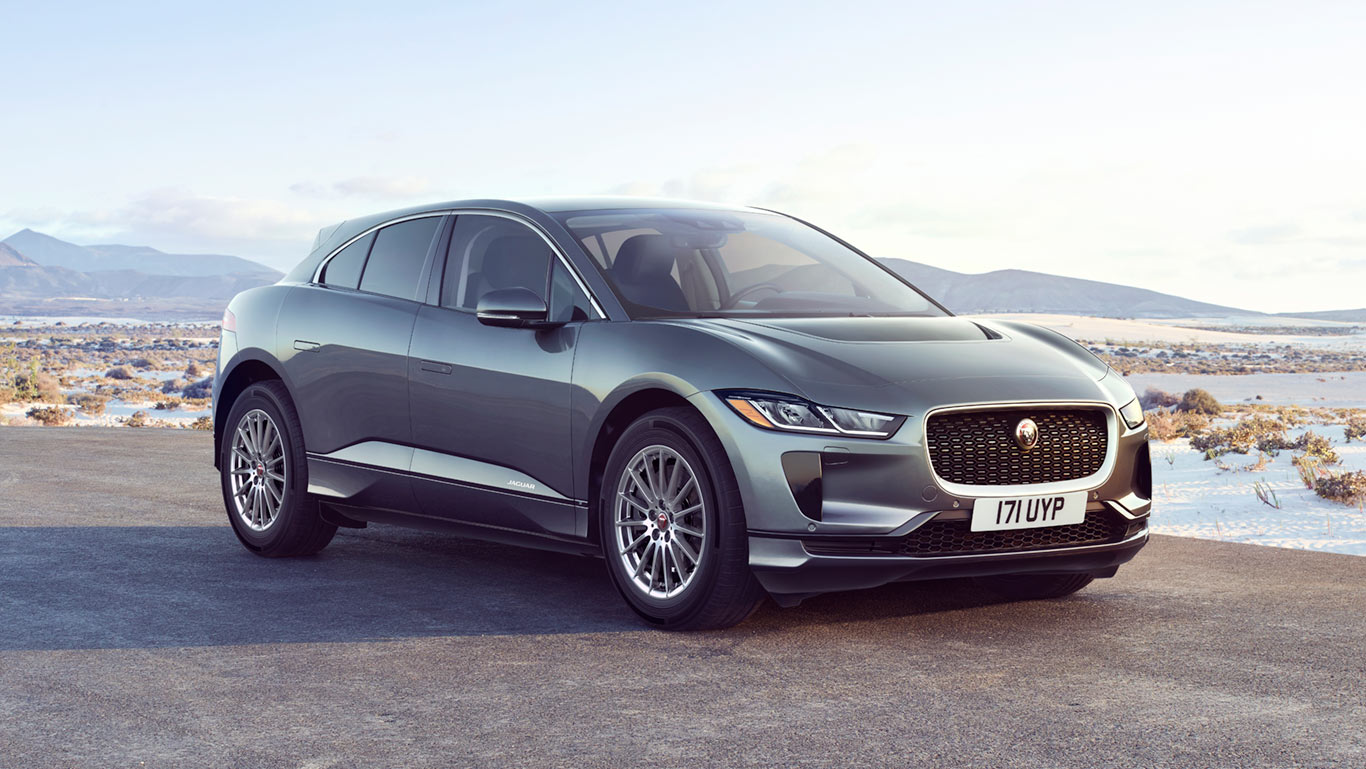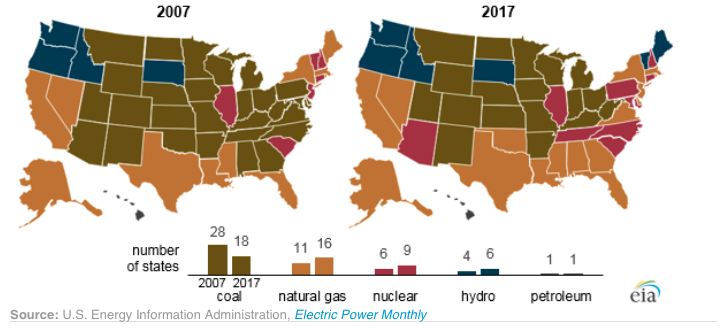Are hybrid and electric cars part of the energy transition?
My attention was caught the other day by a LinkedIn post from a connection who took to the air that electricity and electric cars were not necessarily a good thing when it came to CO2 emissions. The argument was that in some states electrical power generation is more CO2 intensive than burning gasoline on the road. The author picked on West Virginia as an example, a state which produces a lot of coal and burns it to make electricity. My curiosity was piqued for two reasons. One was the general interest that is growing with me on the energy transition challenge in general. Is this is a valid argument, and if so how prevalent in the US? The other curiosity was a forthcoming household debate about what car should replace my 7 year old Range Rover Sport, the vehicle with which I do the most commute miles. With my own carbon footprint in mind, is it worth getting a hybrid or an affordable electric car?
Percentage proportion of CO2 emissions from transportation by state. (Source: data from EIA)
The first exhibit in the case is naming the accused! This map shows which states proportionally emit the most CO2 in the transportation sector. I realize that “transportation” includes other sub-sectors other than cars and other vehicles, but it is a good proxy. No real surprises here, with the red states including California and my own state of residence, Texas, where everything is big, of course. Note that West Virginia is relatively far back in the line of suspects, emitting 0.64% of transportation-related CO2.
Next step was to do some spreadsheet math to estimate the CO2 emission efficiency, state-by-state, of electrical power generation versus energy consumption by transportation. Again I was able to use data published by EIA, and only had to look up conversion factors to make the comparison. The next map illustrates the results of the analysis: in red states the CO2 efficiency of electrical power generation is indeed poorer than the CO2 efficiency in the transportation sector.
Comparison of energy and emissions efficiency of transportation versus electrical power generation. In the red shaded states the source electricity for electrification of road transport would be less CO2 efficient than driving a gasoline car. (Sources: EIA, Capriole Energy)
West Virginia sticks out like a sore thumb, as do some other coal-burning states. But note many of the states with the biggest emissions of transportation-related CO2 generate electricity more efficiently with respect to CO2. Indeed it appears that about 70% of American automobile owners live in states where hybrid or electric are sensible choices. This is largely down of course to the prevalent fuel source in utility-scale power generation plants, as the picture below taken directly from the EIA website illustrates. States that cannot be sufficiently CO2 efficient to make electrification sensible have a different challenge to meet: either phasing onto other fuel sources for power generation, or using technologies like CCS to drastically reduce emissions.
Most prevalent source of fuel for electrical power generation, 2007 and 2017. (Source EIA)
That’s not to say those states shouldn’t be pushing also on measures to reduce emissions in the transportation sector, and as I have argued before, any action needs to be part of an overall cohesive and integral energy transition plan.
So what I about my next vehicle choice? It appears that I live in a state where the electric or hybrid would appear to make sense. My next step is to check the fuel sources of the electrical co-operative that provides power to our home in a rural area northwest of Houston. I already know that this electricity is significantly more expensive than in the city. The second issue of course is affordability: I am not sure I can afford to replace the Range Rover with something equally fancy like the Jaguar I-PACE pictured at the start of this article. That highlights another socio-economic issue - can’t Chevrolet make something a little more cool than the Volt?




